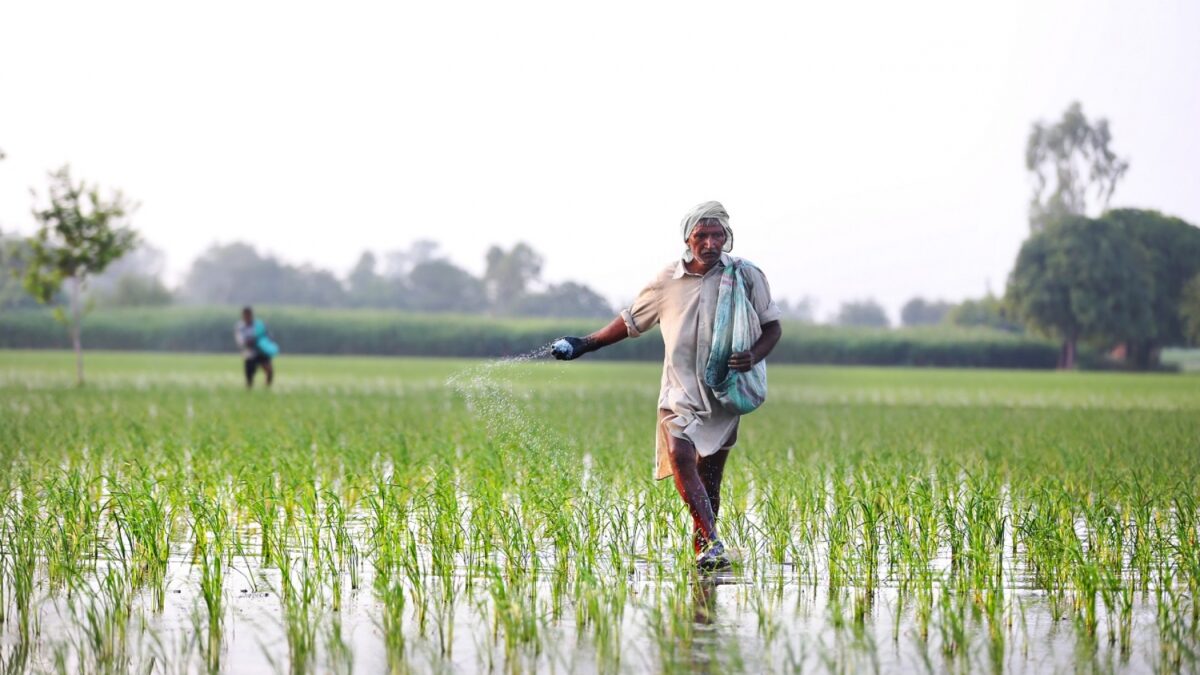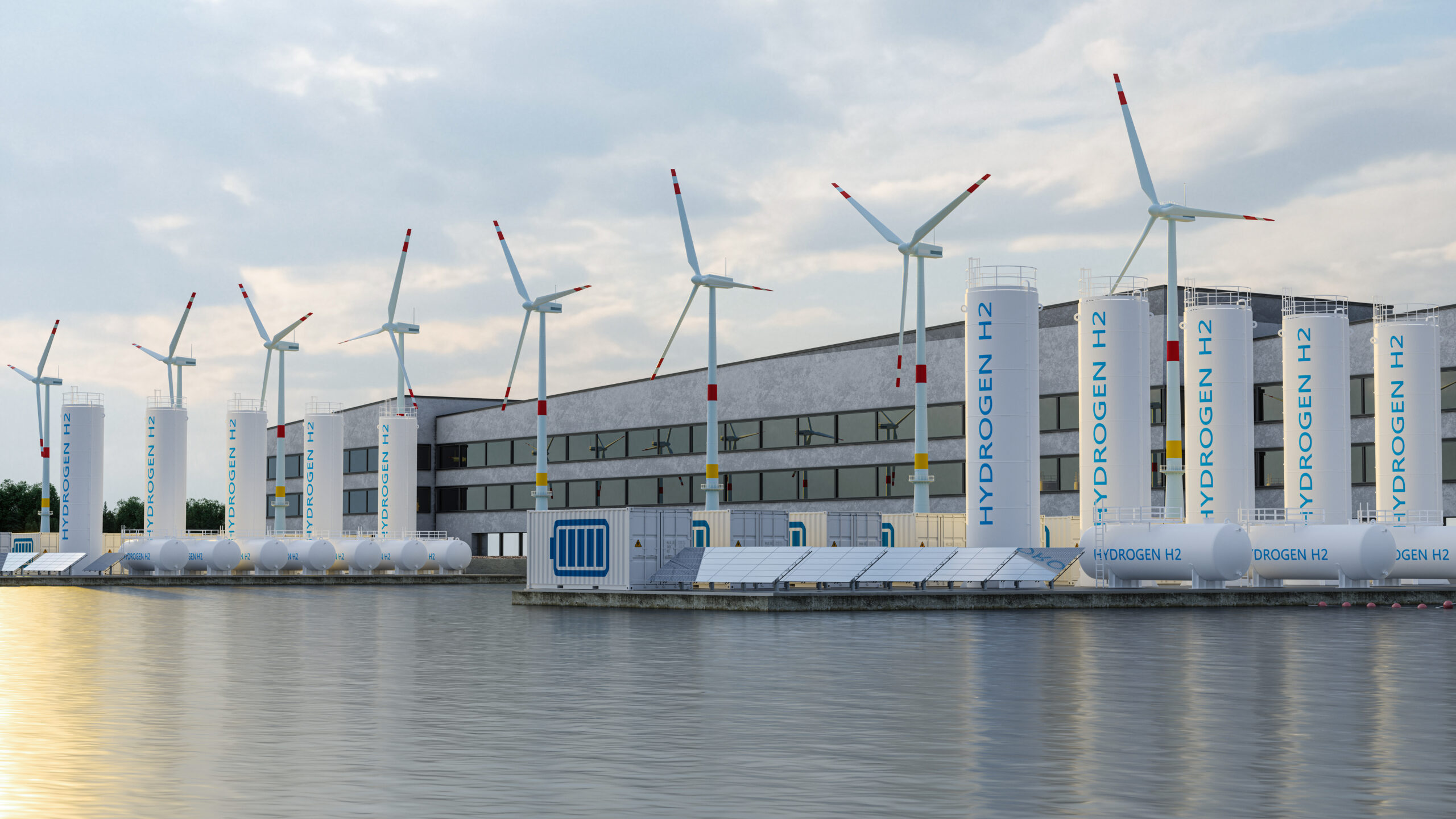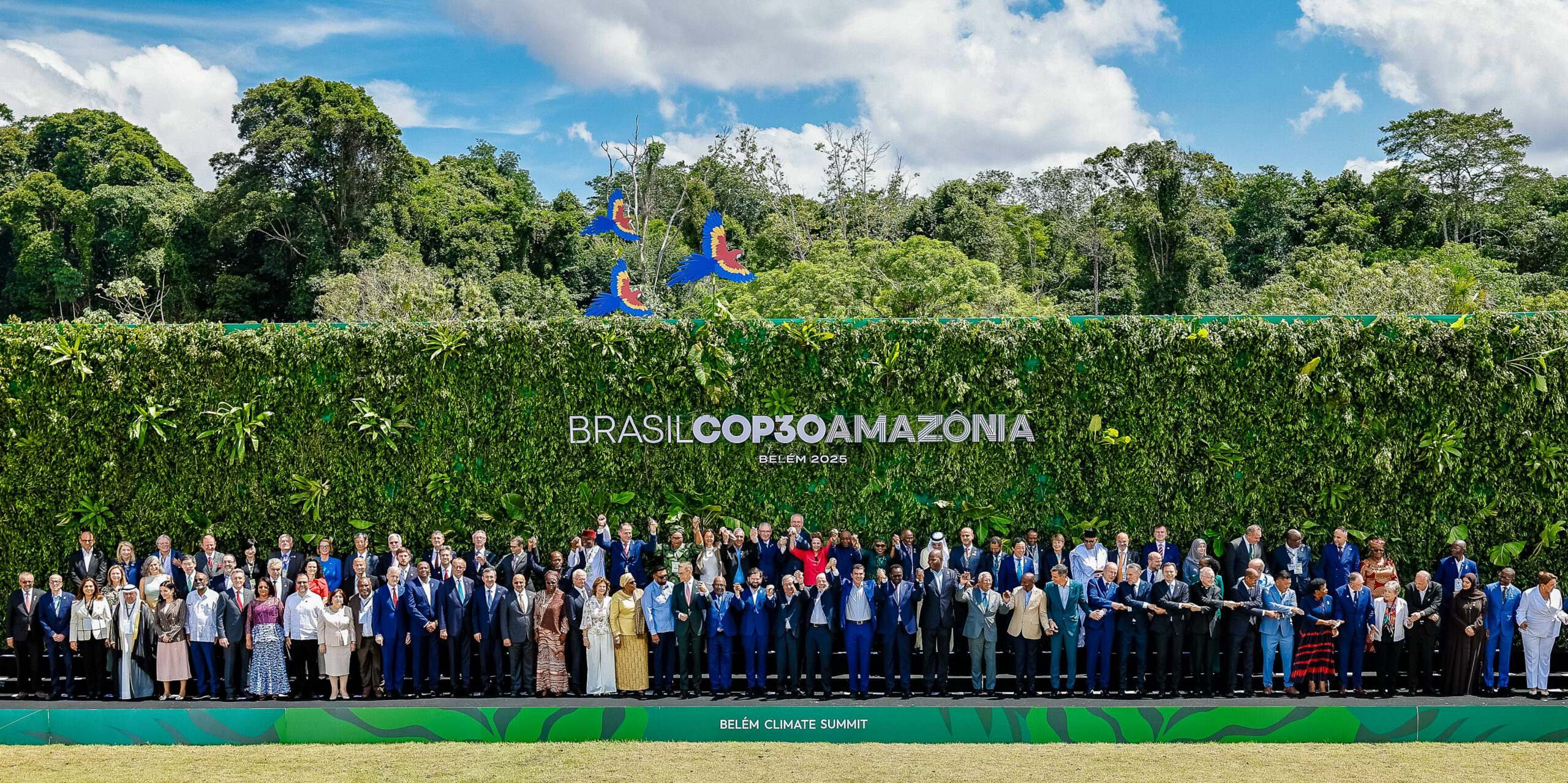World Environment Day should remind us to reflect on our practices, re-orient if off course, and renew our commitment to a people- and planet-positive world. As we navigate the complexities of a changing climate, it’s crucial we recognise that we, and our businesses, exist within a living system.
At a time of increasingly devastating weather events, this year’s theme, “Land Restoration, Desertification and Drought Resilience”, reminds us that nature is not in the background, but is an integral part of our lives and operations. To build long-term sustainability and resilience, we must seek to address our basic and business needs with solutions that work in harmony with nature.
India’s Silicon Valley, Bengaluru, is suffering from a severe drought—a crisis exacerbated by deforestation, poor rainfall, and groundwater depletion. The daily 200-million-litre water shortfall has the city’s 13+ million residents running after water tankers and rationing water and the state government imposing fines on the misuse of potable water. Schools, corporates, and the production and leisure sectors have had to make adjustments as bills skyrocket and students’, customers’, and employees’ lives are disrupted. Inevitably, the corporate sector, which includes the likes of Google, Walmart, Wipro, Infosys, and hundreds of start-ups, has faced productivity losses.
Unfortunately, Bengaluru is only one among many struggling through water crises. Droughts have already afflicted countries including Hungary, Malawi, Zambia, Spain, Mexico, and several others this year, bringing stark attention to the real-world impacts of climate change.
Often, in the corporate sector we view concepts like drought, desertification, and restoration as public sector problems – social and environmental issues that fall within the remit of governments and NGOs, or under corporate social responsibility and philanthropy. But clearly these climate events pose a major challenge to the stable delivery of goods and services. It is imperative that businesses see themselves as inexorably linked with nature, and in that spirit, look to nature to find resilience-building, holistically beneficial answers.
Nature-based solutions (NbS) offer a promising pathway to address the increasingly complex challenges that climate change brings. Though the range of NbS can be broad, ultimately, they are defined as actions that protect, sustainably manage, and restore natural or modified ecosystems with the aim of providing both social and environmental benefits.
But they remain underutilised as highly effective tools to manage business challenges. As the threat of drought, desertification, and other extreme events increase – NbS will only grow in relevance.
The missing piece: Nature-based solutions
Historically the corporate sector has viewed NbS as vehicles for climate philanthropy, such as wilderness conservation projects; as means to generate biodiversity and carbon credits to meet sustainability targets, or as large-scale public sector projects e.g., mangrove restoration to reduce flooding risk. They are not often enough seen as strategic pathways to business goals that simultaneously build adaptability and resilience in operations and supply chains.
There is a breadth of NbS interventions available depending on the location and business challenge in question. Example of NbS include:
- Creating, protecting or restoring terrestrial environments such as afforestation or rewilding forests, grasslands, peatland, marshes
- Protecting or restoring coastal, marine, or freshwater environments such as mangrove and reef restoration, deep sea protection
- Integrating habitats within existing systems such as planting pollinator and pest-controlling species’ habitats or creating green corridors
- Adopting regenerative agro-ecological practices such as crop cycling, co-cropping, slow forestry, soil restoration, groundwater remediation
- Building green infrastructure such as green roofs and walls, urban farms, sustainable drainage systems, rainwater harvesting, and urban canopies.
The benefits of such measures are wide-ranging. Regenerative agricultural practices can improve crop yields and build crop resilience, restoration activities can help regenerate ground water levels, green infrastructure inclusion can support employee well-being and reduce utility bills, creation of green barriers or corridors can improve biodiversity, air, and water quality for local communities, and so on. These outcomes help balance ecosystems and reduce the threat of climate crises.
While research proving the return on investment of many of these activities is still growing, learnings from public sector and academic research can easily be referenced to grasp the vast potential of NbS in business contexts.
A growing number of companies across a range of sectors are beginning to embrace these practices to solve their challenges. As with any effective corporate strategy, understanding the specific context in which a business operates is critical; NbS projects must be adapted to the site in which they are deployed.
Pollination services in agri-crops – Increasing productivity and building resilience
In the agricultural sector (and beyond), the disruption of pollination services can have devastating effects. 75% of the world’s crops are dependent on pollinators. In the US alone, the disruption of these services can cost the economy an estimated $50 billion annually. Research shows that simple NbS such as companion planting of pollinator habitats alongside crops can increase yield quantity and weight by a minimum of 30%. The Xerces Society has found that even under extreme conditions, such as nearby forest fires, the addition of pollinator hedgerows immediately attracts wild bees – proving the resiliency benefits that such interventions can provide.
Dow Chemicals’ wetlands and New York City’s water supply – Longer term solutions at lower costs
In 1997, Dow Chemical converted 110 acres of a water treatment pond in Texas into a constructed wetland to naturally treat industrial wastewater. The project cost $1.4 million, compared to the $40 million they would have spent on a wastewater treatment plant, which would have also taken twice the time to build. Requiring minimal operational support, the wetlands have been treating approximately 5 million gallons a day for over 20 years.
New York City implemented a similar initiative. Its high-quality potable water, the largest “unfiltered” drinking water supply in the country, is filtered naturally thanks to a comprehensive watershed protection plan set up in 1997. This NbS was selected in place of a water filtration facility – a decision that saved the city approximately $6.9 billion in capital and operational costs over 10 years.
Altynalmas’ air pollution vegetation barriers – Reducing negative impacts on communities
Kazakhstani gold producer, Altynalmas, sought to reduce the impact of its mining tailing particulates on surrounding communities and wildlife. These toxic tailings can taint local waterways and affect respiratory health if not properly managed. With help from the Sustainable Kazakhstan Research Institute (SKRI), Altynalmas planted a vegetative barrier of native plants including silverberry bushes, maple, and elm trees, and found a reduction in dust pollution by up to 40% and ozone levels by 70% through the relatively low-cost solution.
Embracing nature for a sustainable future
By integrating NbS into our day-to-day business strategies and operations, we can build resilience, protect our communities, and safeguard future generations. These are solutions that can yield immediate value while also creating long-term and holistic sustainability.
Both the number and duration of droughts around the world have increased by 29% since 2000, and many businesses in affected areas like Bengaluru are being forced to adopt water conservation measures and pause or slow operations because of their circumstances. It is a good signal to global companies to start thinking seriously about nature strategies that will at best prevent, and at worst prepare them for, such events.
To further explore the potential of NbS, look out for the upcoming report from the World Business Council for Sustainable Development (WBCSD) on nature-based solutions for business challenges. This report will provide valuable insights, case studies, and guidance on how companies can effectively identify and adopt NbS.
At Xynteo, we are committed to helping businesses navigate these challenges and unlock the potential of nature-based solutions. We can support your business measure its nature impact, identify and design NbS for your specific needs, and create a comprehensive and cohesive nature strategy. Contact us to learn about how your business can work with nature to reduce your risks, create value, and build a more sustainable future.
Learn more about how Xynteo can help your organisation with nature positive value creation
Learn more


